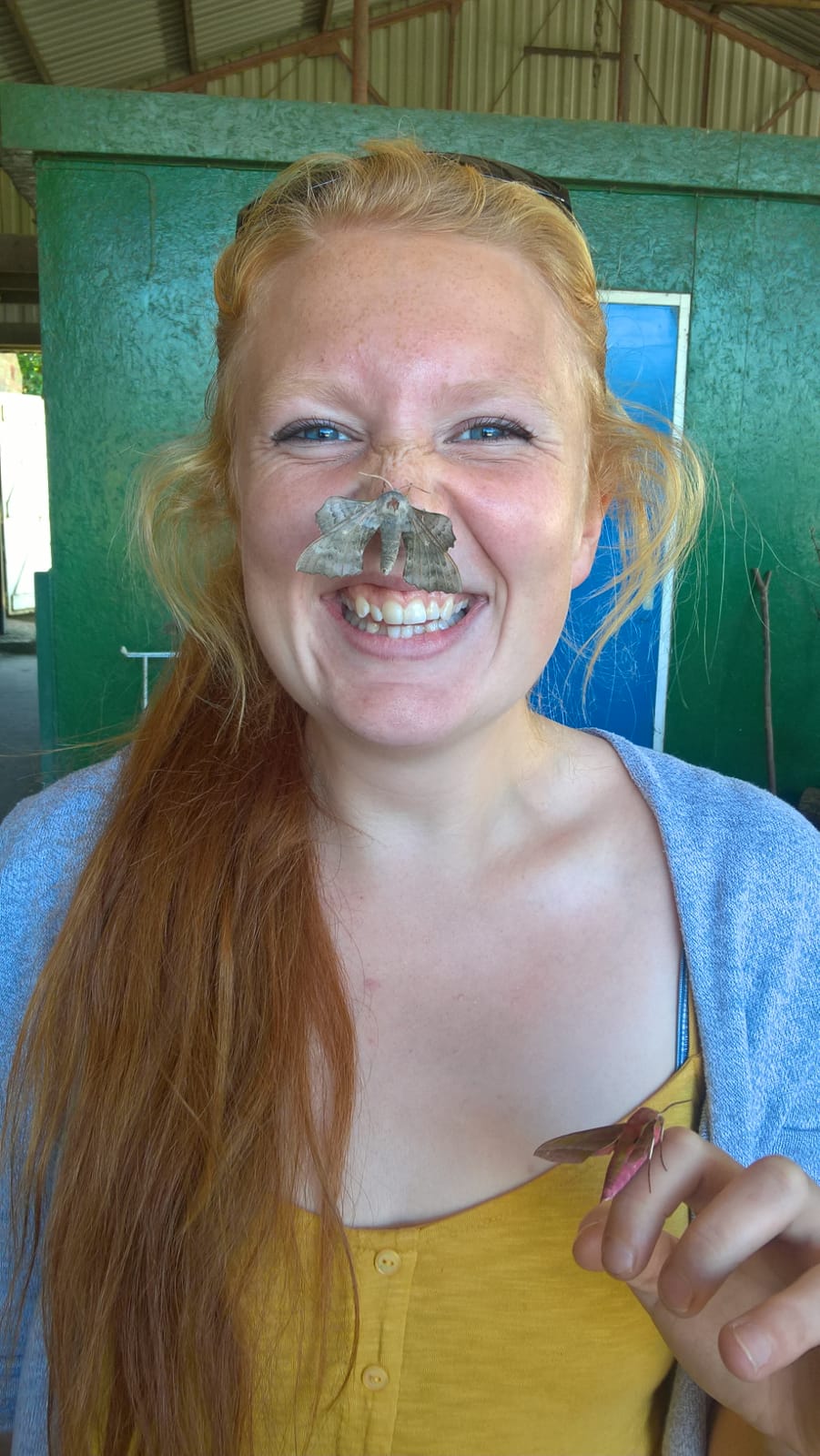
Graduate case studies
Even though many of our graduates will have progressed in their careers since completing a case study, they are still of interest to students who wish to gain an understanding of the world of work.
I work out on our reserves on the edge of the Thames in South Essex. Through winter we manage the habitat to create a suitable breeding environment for birds such as Lapwing and Redshank. Through the breeding season, we then carry out surveys of birds, butterflies, bees and many other organisms across the reserves.
In this line of work, I have carried out a range of activities and no two days have ever been the same. I have used chainsaws to create coppice plots in woodland and tractors to cut grass on the marshes. I have also carried out breeding bird surveys, butterfly surveys, water vole surveys and bumblebee surveys. I am responsible for the upkeep and repairs of visitor infrastructure on the reserves including public trails and hides.
I love that every day is different. I get to spend most of my time outdoors, surrounded by wildlife. I love getting to use fun machinery such as tractors, chainsaws and brushcutters. Carrying out surveys during the breeding season means I can really see the impact of the work I have carried out over the winter months.
Often work is very physical and can be in remote locations which means that organisation and prioritisation is key to the job and work can be very tiring. Being a charity, resources can often be limited so it is a fun challenge to find the most efficient and effective ways of completing a task.
I have always enjoyed being out and about in nature. I feel that it is important that the unique communities found in the UK are protected and conserved, especially with the growing demand for housing and climate change posing a threat to our native wildlife.
To use machinery, I have completed LANTRA and NTPC training in the use of brushcutters, chainsaws, tractors and pesticides. Visual and audio bird ID has been vital for surveys along with general wildlife ID knowledge. Organisation skills have been key to prioritise and complete tasks.
After graduating, I completed a year-long internship with the RSPB. Through this, I gained my training in tractor, chainsaw, brushcutter and pesticide use along with first aid training. This internship educated me in reserves management from practical habitat management to monitoring through surveys and balancing the needs of people with wildlife.
I love working with nature and so am confident I will remain in this field for many years. Once I am confident as an Assistant Warden I can then move to higher positions such as Warden and Site Manager where I will be able to be at the forefront of decision making.
If you would like to get into any kind of practical habitat management, I would suggest carrying out an internship. There is no way I would have the knowledge to work on a reserve or the qualifications to use machinery if I had not done my internship. Also, getting a range of experience working on many different habitats is really important. There are many conservation charities that provide internships and volunteering opportunities. I would suggest carrying out a couple of weeks volunteering on a reserve before applying for a long term internship to ensure this line of work is really what you want to do. To get into conservation, you must be passionate about the work you are carrying out and have a willingness to learn. It is not a well-paid sector so you will not want to get into this line of work unless you really have a love for nature rather than money!
Last updated: 28 Feb 2019
